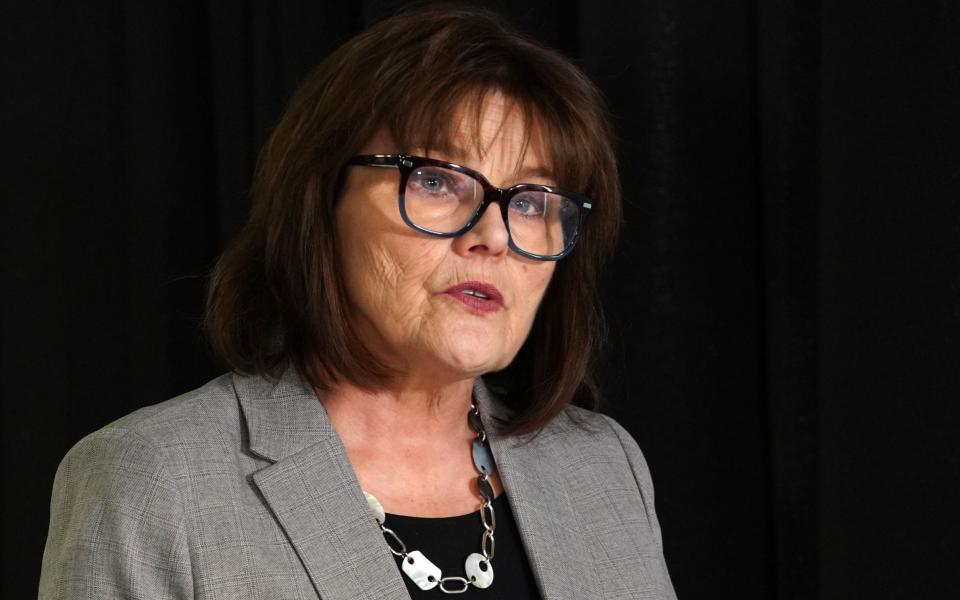Public inquiry into safety concerns at major new Scottish hospital buildings underway

A public inquiry into safety concerns at two major new Scottish hospitals should also examine the culture within the NHS, the Health Secretary has said.
The probe, which will examine issues linked to ventilation and building systems at the £842 million Queen Elizabeth University Hospital campus in Glasgow, and problems at the delayed Sick Kids hospital in Edinburgh, formally launched on Monday.
It was ordered in response to concerns from patients' families. Last year, it emerged that two patients at the Glasgow hospital died from infections linked to pigeon droppings.
The parents of 10-year-old Milly Main, who died from an infection at the Glasgow campus, also believe her death was linked to problems with water contamination at the site. Her mother, Kimberly Darroch, said at the weekend that she hoped the public inquiry would “uncover the truth” about her daughter’s case. NHS Greater Glasgow and Clyde maintains there has been no link established between the water in the hospital and Milly's death.

Meanwhile, the Sick Kids hospital in Edinburgh was originally due to open in 2012. Following the issues in Glasgow, the Scottish Government stepped in to prevent the £150m facility from opening just a day before it was due to finally accept patients last year, due to ventilation problems there.
Doctors tried to raise safety concerns about the Glasgow facility but their concerns were not taken seriously by health bosses.
Jeane Freeman, the health secretary, told the BBC: "I'm looking across, with colleagues from the royal colleges, from the unions and others, at the whole cultural issues across our health service because if we are to really deliver safe, effective, person-centred care to our patients our staff themselves need to feel, not just be told, that their views and opinions are valued and listened to. Clearly there have been issues where that's not the case."
Lord Brodie, the chairman of the inquiry, said at its launch that he hoped that those affected by the issues at the hospital would conclude it had been “rigorous”.
According to the remit of the inquiry, its aim is to ascertain how the problems occurred, if they could have been prevented, their impact on patients and families and if the hospitals provide a safe environment.
He declined to give a timescale for evidence sessions to start but said he hopes to be able to give dates for these to begin at some point next year.
When asked if he thought the inquiry could last for multiple years, he said: "Everything depends on the amount of evidence that the inquiry has to consider. A certain amount is in the public domain but we anticipate there may be much more."
An independent review, which reported in June, found cancer patients in the Glasgow hospital may have been put at greater risk of infection caused by the maintenance or design of the building but said there was no evidence to suggest avoidable deaths had occurred.

